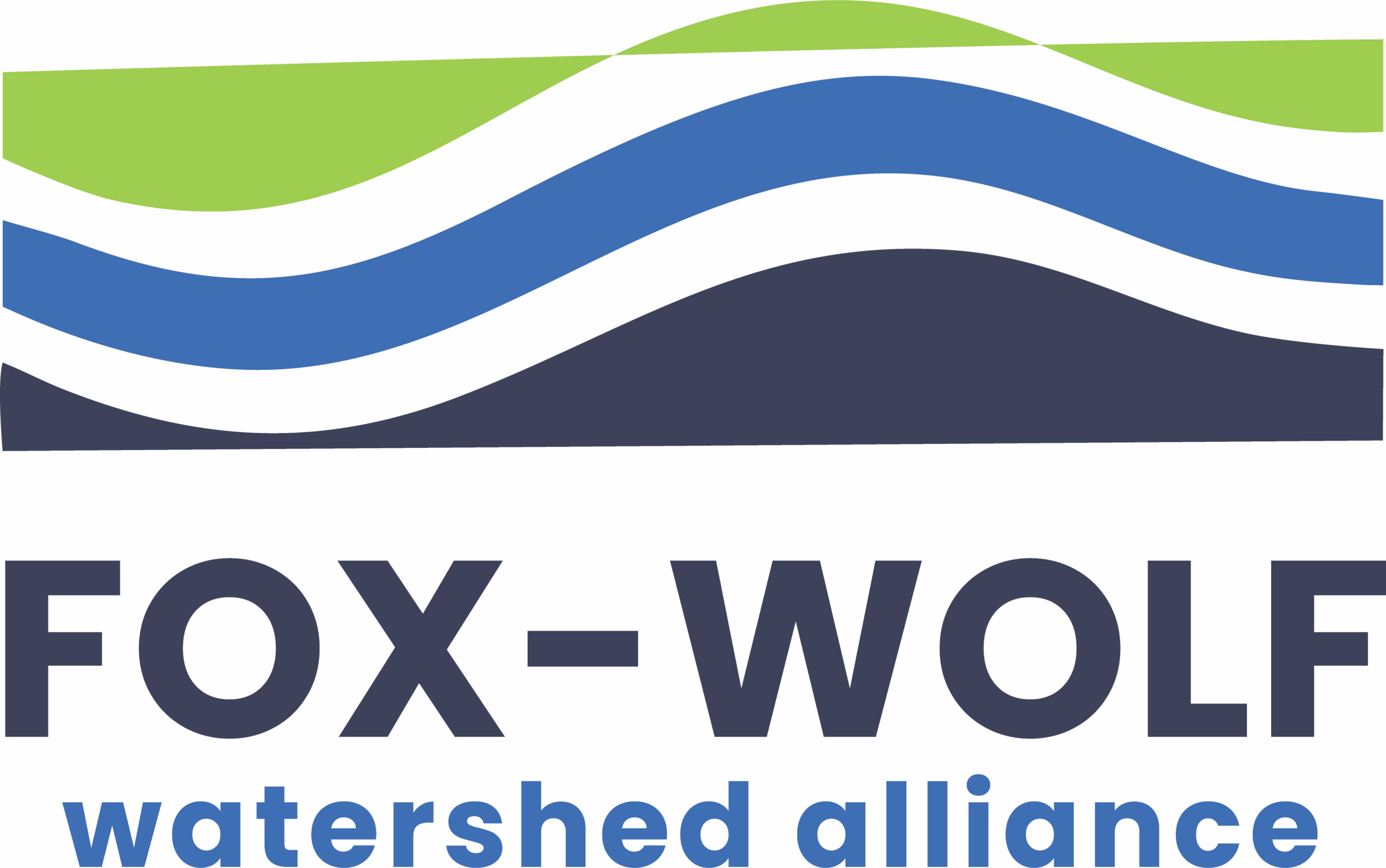Water supports economic life in our basin, provides recreation and tourism, and is a source of drinking water. Fox-Wolf Watershed Alliance is working to find a healthy balance among these priorities so that we can enjoy the full range of uses of our waters in a sustainable way.

Our goal is to get and keep all waterways in our watershed off the Impaired Waters List. To do this, Fox-Wolf Watershed Alliance takes a holistic approach to watershed management. Many of our partners focus on a particular waterbody or specific location. We work across those boundaries and priorities, because water doesn’t stop at the county line. We are working at the scale of the entire watershed, acknowledging that what happens in one area impacts the rest of the watershed. We are committed to looking at underlying causes rather than simply treating individual symptoms. Our work falls into several categories:







